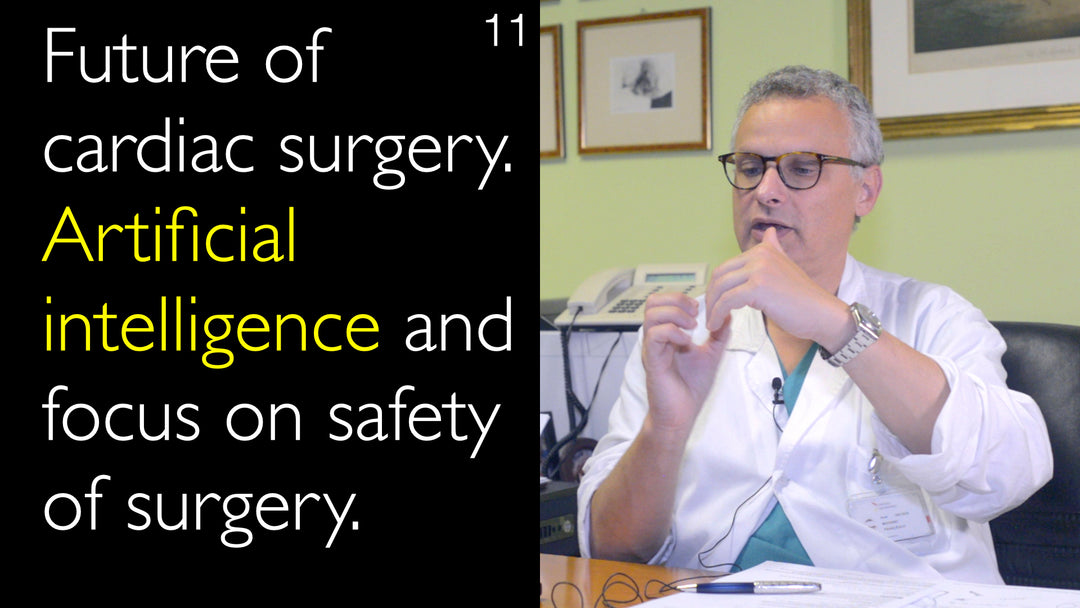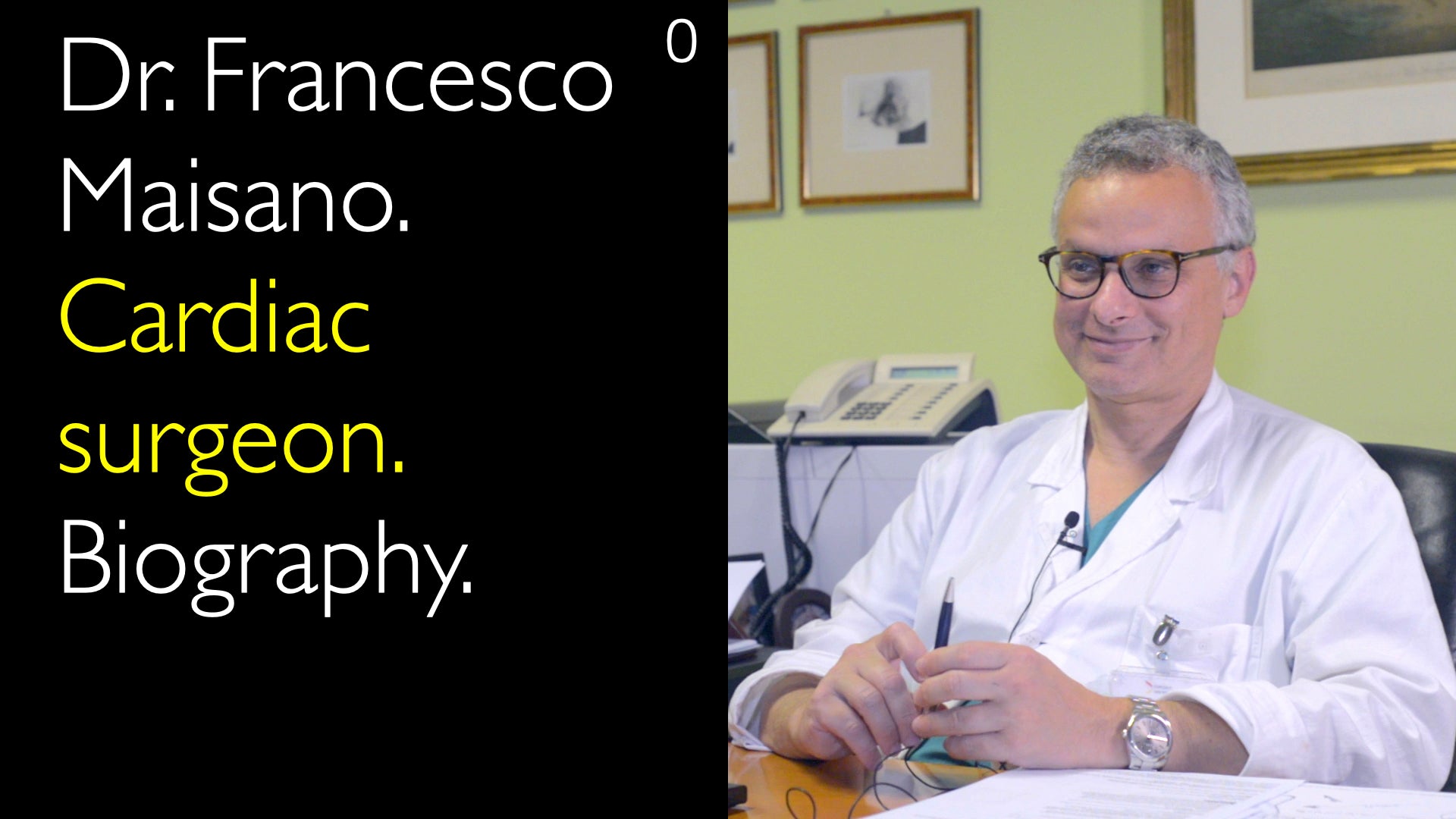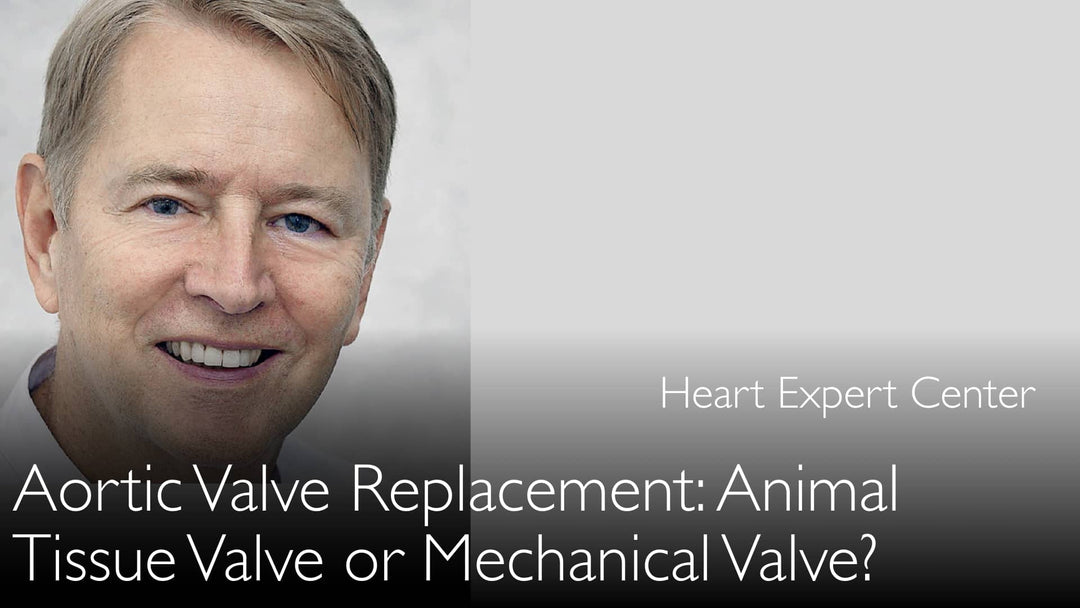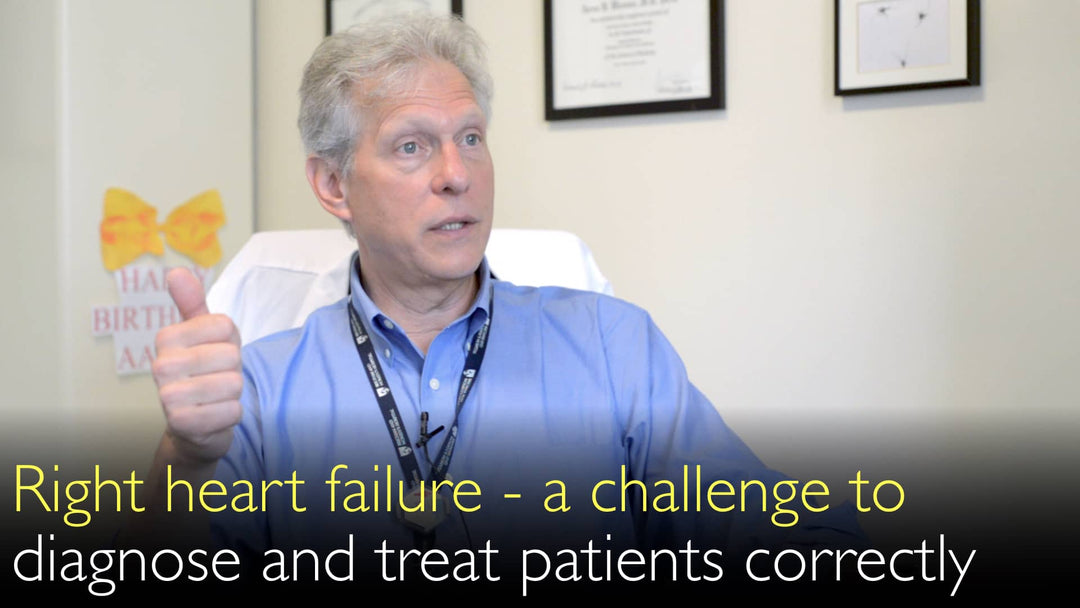Leading expert in cardiac surgery and valve disease, Dr. Francesco Maisano, MD, explains the future of heart surgery. He focuses on improving safety and efficiency. Dr. Francesco Maisano, MD, discusses the critical role of artificial intelligence and advanced simulation. He highlights the need for better surgical education and training. New technology will guide surgeons and enhance procedural safety. This evolution mirrors safety systems used in aviation.
Artificial Intelligence and Enhanced Safety in the Future of Cardiac Surgery
Jump To Section
- Future Trends in Cardiac Surgery
- Artificial Intelligence for Surgical Safety
- Challenges in Surgical Education
- Technology and Simulation Training
- Improving Procedure Reproducibility
- Full Transcript
Future Trends in Cardiac Surgery
Dr. Francesco Maisano, MD, has spent over 15 years discussing the future of cardiac surgery. He identifies tricuspid valve disease as a major area for future research. Dr. Maisano believes there are at least ten years of intensive study ahead for this condition. His vision extends beyond specific diseases to the development of new surgical tools and technologies.
The application of these innovations in the real world presents significant challenges. Dr. Maisano points to diagnostic imaging, education, and creating the right clinical environment as key hurdles. He notes that while operating rooms have evolved into hybrid suites, the fundamental methods of teaching surgery have not changed in centuries.
Artificial Intelligence for Surgical Safety
Dr. Francesco Maisano, MD, strongly believes the next decade will be defined by human-machine interaction. Artificial intelligence is already entering the profession in subtle ways. This technology will become more prominent to improve the safety profile of complex cardiac procedures.
AI will guide surgical procedures and provide real-time quality control checks. Dr. Maisano draws a direct comparison to the avionics industry. In aviation, multiple control measures assist pilots to ensure safety and adherence to protocols. In contrast, a cardiac surgeon in the operating room is often left alone to make critical decisions.
Challenges in Surgical Education
A central theme from Dr. Maisano is the outdated model of surgical education. He states that the way surgeons are taught has remained largely unchanged for 200 years. This traditional approach is inadequate for modern, technology-driven procedures.
The outcome of a surgery currently depends heavily on the individual surgeon's expertise. Dr. Maisano cautions that even an expert surgeon can have an off day due to external factors. This inherent variability underscores the urgent need for systemic changes to augment human skill with technological support.
Technology and Simulation Training
Dr. Francesco Maisano, MD, emphasizes the critical need for advanced surgical simulators. He recounts his own training, which involved hundreds of experiments before operating on a human patient. This extensive preparatory practice is often not possible for surgical trainees today.
Modern trainees frequently must jump directly to operating on human bodies. Dr. Maisano identifies this as a very difficult and potentially unsafe transition. The development of high-fidelity simulators is essential to bridge this training gap. These tools will allow surgeons to master new techniques in a risk-free environment.
Improving Procedure Reproducibility
The future effort of Dr. Maisano is directed toward safety and efficiency, not just new devices. His goal is to improve the safety profile and reproducibility of existing advanced procedures. These techniques were often developed in highly specialized, ideal conditions.
Dr. Maisano advocates for the development of standardized practices and troubleshooting protocols. This structured approach will help ensure that every patient receives a safe and effective procedure, regardless of the surgeon or hospital. The application of the most modern technology is key to achieving this goal of consistent, high-quality care.
Full Transcript
Dr. Francesco Maisano, MD: I have been talking about the future of cardiac surgery for the last 15 years. I realized that there is always a future, right? There are always open questions. We just spoke about tricuspid regurgitation. Tricuspid valve disease remains a book to be written. So we have at least ten years of research in tricuspid valve disease.
Besides the specific diseases, my vision is the following. I have invested my time, effort, and my scientific focus in developing new tools. I developed several different techniques and technologies. My interest is to apply and implement these technologies in the real world. And I see the challenges—the challenges of diagnostic imaging, the challenges of education, the challenges of creating the right environment.
Imagine we have been innovating in medical devices. We have been innovating in our operating rooms. We work in hybrid rooms today. We've been innovating in the way we do diagnostic imaging. But what we do, we still teach the same way as 200 years ago. So one topic about the future is education. It is maybe boring as a concept. You may expect something more similar to science fiction. But education using technology will be one of the trends.
Dr. Francesco Maisano, MD: And overall, I strongly believe that in the next ten years we will see the interaction between humans and machines. We will see artificial intelligence entering our profession, initially in a very soft way. We already have it—we don't realize it, but we have it. More and more of that will be an interaction between humans and machines.
To improve the safety profile of procedures, to guide our procedures, to make quality control and quality checks. I truly believe there is a need for the same technology level as we have in avionics, where we have a lot of control measures that help the pilots to pilot safely and to follow the rules.
Still, today, if you go into the operating room, the pilot, the operator, is left almost alone. A surgeon is surrounded by people, but at the end of the day, a surgeon is alone. It very much depends on the expertise of the operator whether the procedure will be good or bad.
But be very careful because even an expert operator may have one day where the expert surgeon is not at full power because there are other problems. So increasing the level of safety, adding artificial intelligence and machines around the operators, will be the leading trend in the future. And again, it is going to be true.
My effort is going to be fully directed into the safety and efficiency of procedures rather than new devices or new trends. I want to improve the safety profile and the reproducibility of what we have been developing in a very specialized situation.
I was very lucky to learn these procedures, doing hundreds of experiments before going into a human. Now, this is not possible for those who start surgical training today. They have to jump immediately to operate on a human body. And this is very difficult.
So we need to develop simulators. We need to develop standard practice. And we need to develop troubleshooting procedures so that we can provide safer procedures for our patients. Eventually, we will be applying the most modern technology.








